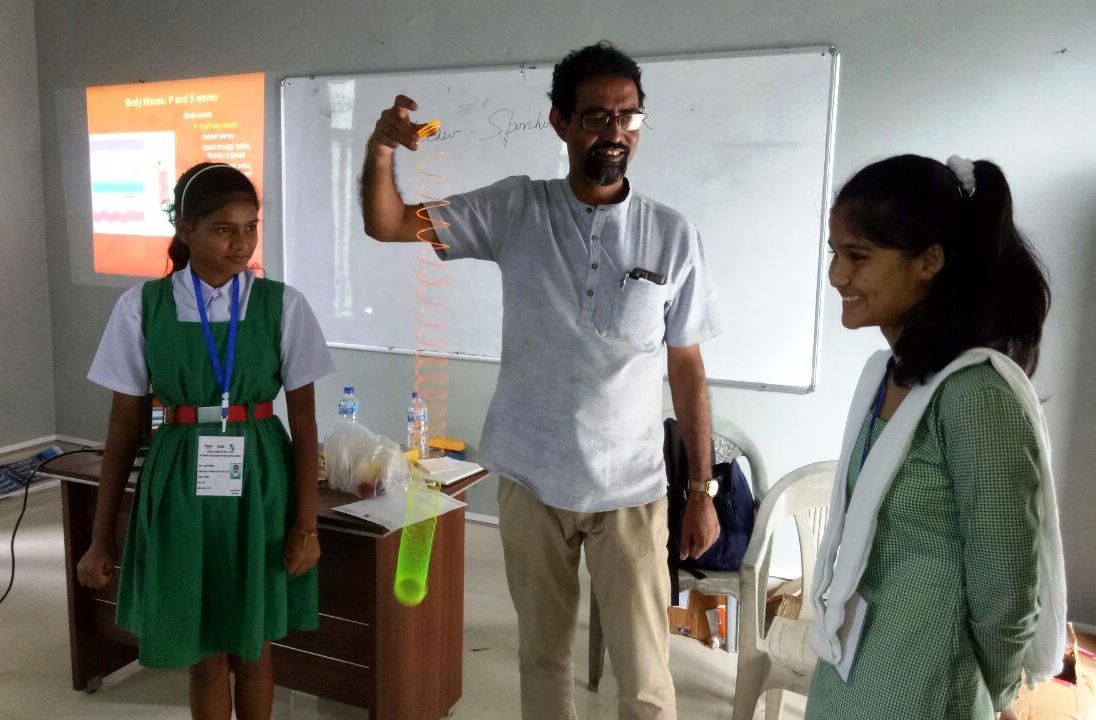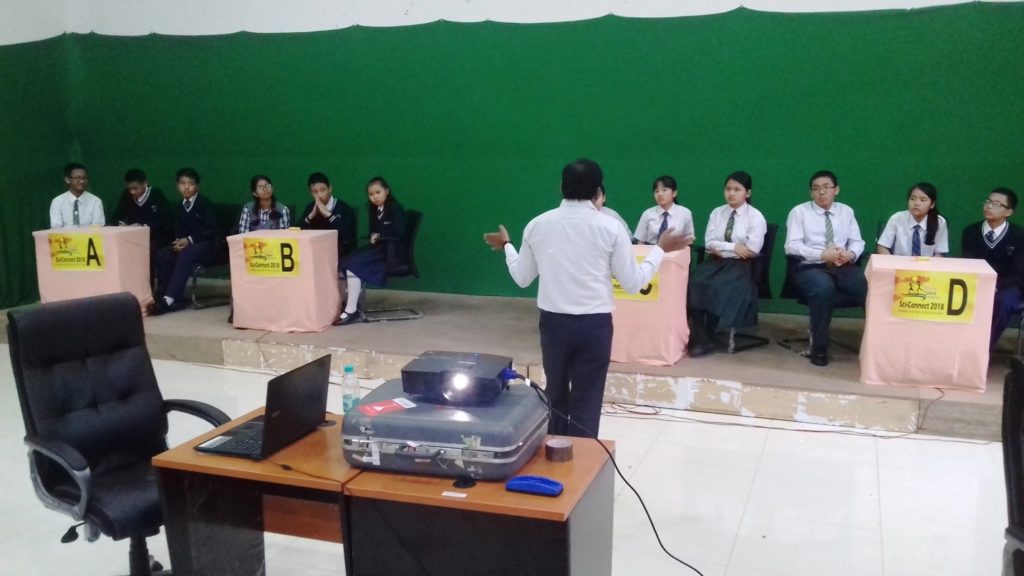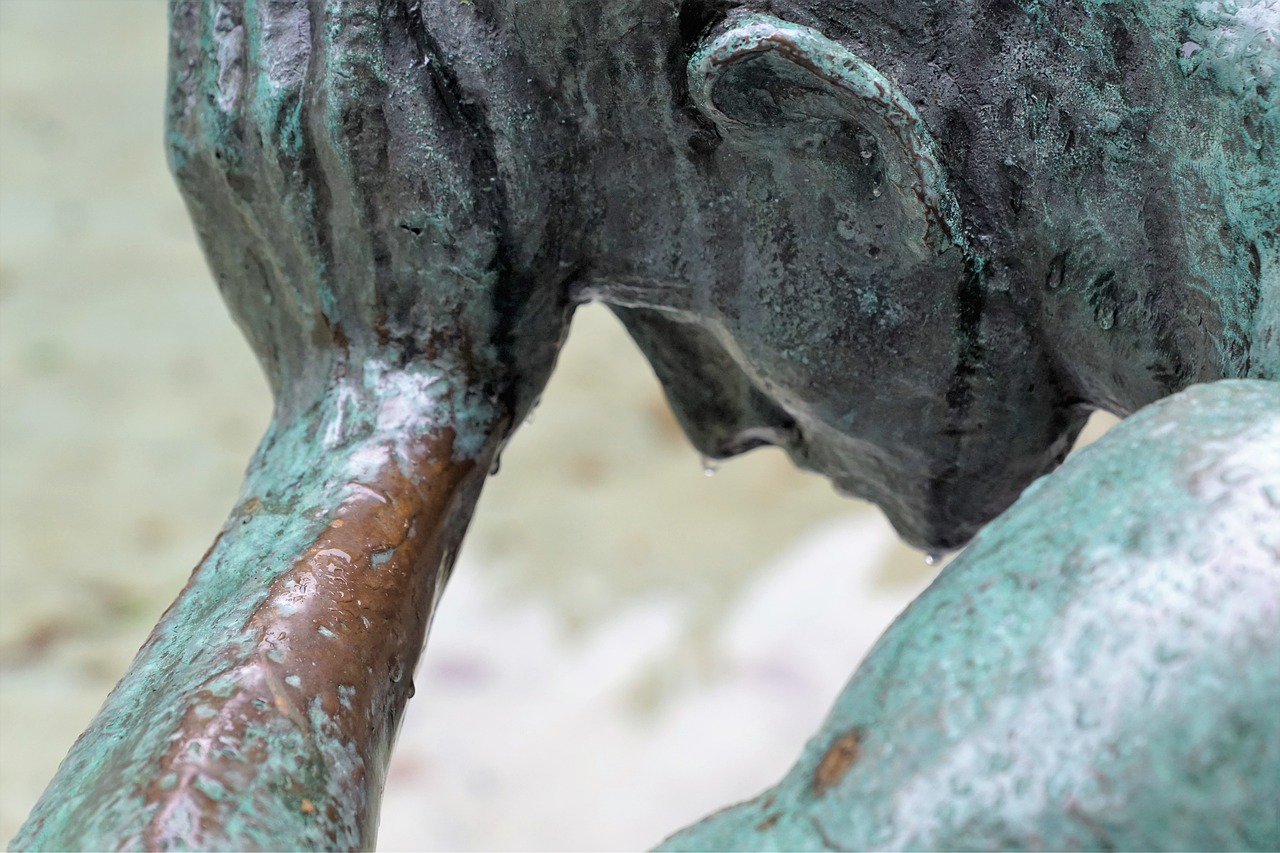
Nurturing Young Talents of North-East for Science
- News
- 2K
She is in class nine. However, she already has a dream to become a teacher and a researcher. “I want to teach children and also be involved in unraveling the secrets of nature and develop technologies that will help make life easier and more comfortable for the common man”, says Ismotora Khatum.
Ms. Kathum is from a Government residential school in Bechimari in Darrang district of Assam, about 80 km from the State capital, Guwahati. She is here to participate in a programme organized by Vigyan Prasar, an autonomous institution under the Union Ministry of Science and Technology to nurture young talents of north-east India for science.

The bright girl, who hails from a poor family in a village near Bechimari, is among 240 girls and boys selected from the eight north-eastern States of Assam, Arunachal Pradesh, Manipur, Meghalaya, Mizoram, Nagaland, Sikkim, and Tripura to participate in the programme through a competitive test. The examination was based on their school curriculum as well as the contents of a set of 35 films prepared by Vigyan Prasar on various aspects of science and technology.
The short films included biographies of eminent scientists S.N.Bose and J.C.Bose, and topics such as `network theory’, `probability’, `calculus’, `Large Hadron Collider’ and `relativity’. There were also films on `how a radio telescope works’ and on `daytime astronomy’.
Science and Technology Councils of the eight States had asked the schools in their States to register for the programme and Vigyan Prasar had then sent the films to the schools that had registered. The schools, in, turn, screened them for their students.
Called Sci-Connect, the programme consisted of a series of quiz competitions at different levels that will culminate in the final round where top three teams of three students each would be selected and presented cash awards. It is, however, not just work all the way. The students also get to enjoy fun-filled hands-on demonstrations of different aspects of science including chemistry, biodiversity, and earthquakes conducted by domain experts.
Under the programme, 30 students are selected from each State through the examination conducted at State-level. Out of them, top 15 from each State are categorized as group one and get to participate in the quiz contest series at the inter-State level plus the hands-on demonstrations. The balance, who form into group two, go through just the hands-on demonstrations held at their State capitals.
Here in Aizwal, the group one student from four States – Assam, Arunachal Pradesh, Meghalaya, and Mizoram, are participating in the second level of the programme. The balance group one student from the other four northeastern States of Manipur, Nagaland, Sikkim, and Tripura had participated in the second level of the programme at Gangtok last week.
Speaking to India Science Wire, scientist in charge of the programme in Vigyan Prasar, Sachin C.Narwadiya, noted that the programme was getting popular among the States as last year, when it was first organised, only about 6,000 students had registered, while this year it is 9,000, marking a steep jump of 50 per cent.
Consequently, it was proposed to expand if to cover more students in the future. From next year, 45 students will be selected from each of the eight States.
The group one category would continue to be confined to the top 15 from each State, while the group two will be expanded to accommodate the extra students.
“India, no doubt, has a huge pool of scientific manpower. However, there is a lot of talent in the north-east that remains untapped. The programme is intended to bring that out and nurture it”, he said. (India Science Wire)
By Sunderarajan Padmanabhan
If you liked this article, then please subscribe to our YouTube Channel for the latest Science and Tech news. You can also find us on Twitter and Facebook.


